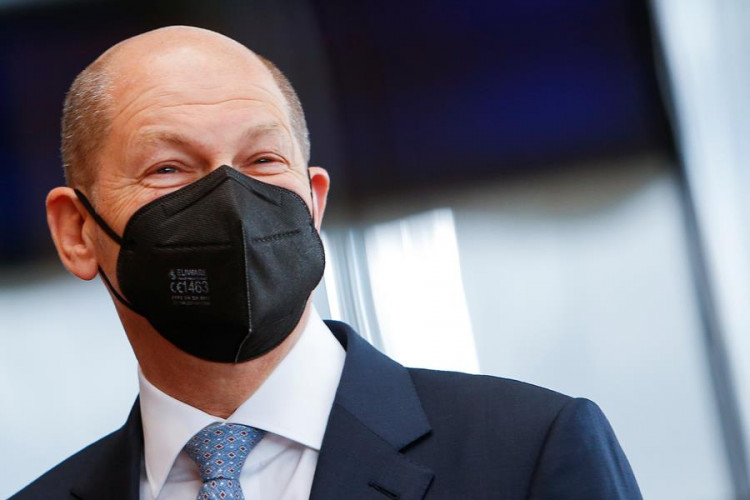Wirecard employees dragged millions of euros in cash from the company's headquarters in Munich in shopping bags, the Financial Times reported Friday.
According to former employees, this happened for years.
Wirecard was pilfered even more brazenly than previously understood, the new evidence suggests according to forensic accountants.
Former employees of the payments company told Munich authorities staff took large amounts of cash and placed it in Aldi and Lidl (supermarket) plastic bags on many occasions, FT revealed in a scoop.
Wirecard owned its own bank but didn't have branches. As demand for cash increased over time, Wirecard Bank purchased a safe for its headquarters in Munich.
At one point in May 2017, a half million euros in cash was being delivered every day at a time when the bank's safe was full -- so some of the cash had to be hidden elsewhere.
"From an insurance point of view, that's crap," a Wirecard employee said in an internal email seen by the FT.
The financial technology company - which during its peak was valued at more than 24 billion euros ($28.87 billion) - collapsed last summer in one of Germany's biggest accounting scandals.
Wirecard went bust after an audit found nearly 2 billion euros in corporate cash didn't exist and that parts of its business in Asia were bogus.
Former employees told police the practices started in 2012 - and six-digit banknotes were often concealed in the plastic bags.
The amount, where the money is hidden and the purpose of hauling it from the building are not known.
The company filed for insolvency in June after the resignation and arrest of its chief executive officer Markus Braun in connection with the missing $2 billion.
In July police raided Wirecard's Munich headquarters and four properties in Austria and Germany as part of an investigation of the credit-card operator's allegedly fraudulent business.
In August, Wirecard was booted off the blue chip DAX Index by operator Deutsche Boerse.
Wirecard's crash is an "unparalleled scandal," Germany's finance minister Olaf Scholz says.






